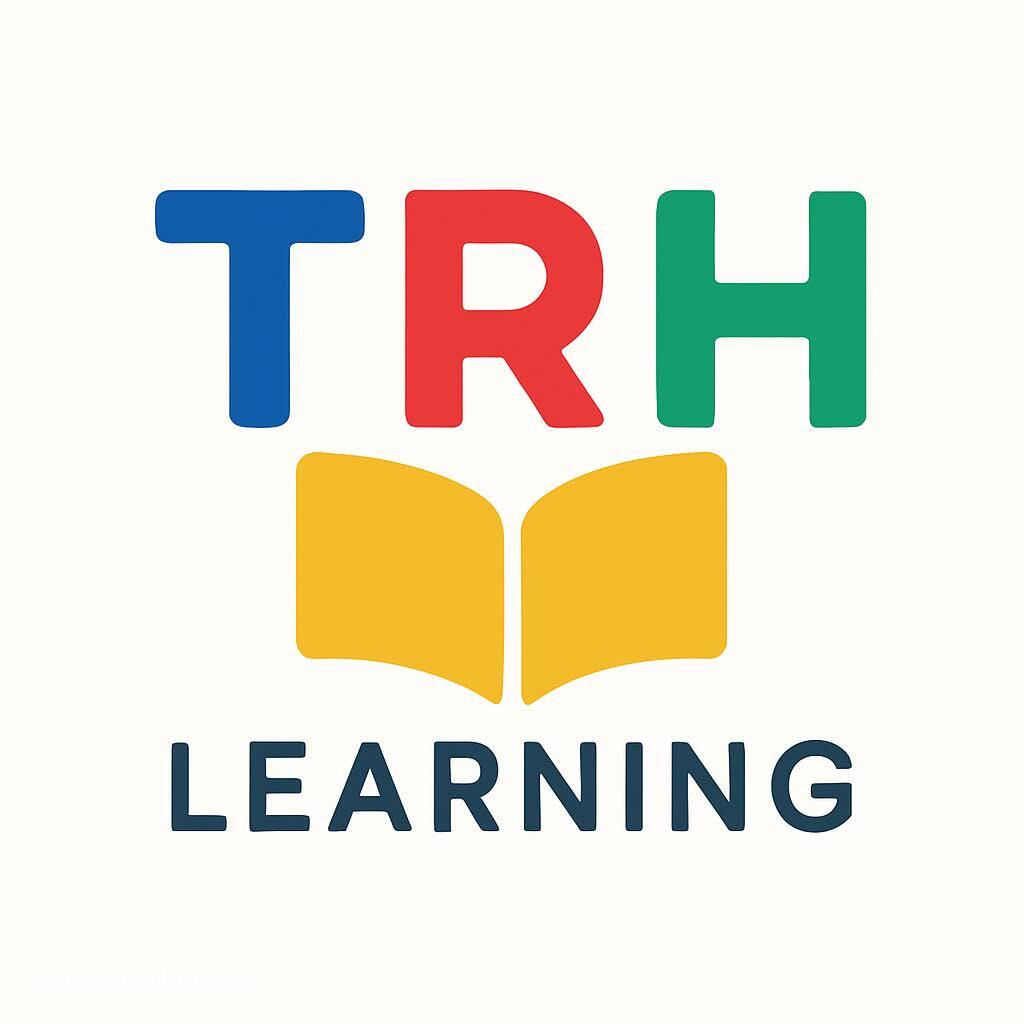The Art of the Mind Map: How to Create a...
How to Create a Mind Map for Any GCSE Topic.
Mind mapping is a powerful tool that can help students organize and visualize information in a way that is easy to understand and remember. In this blog post, we will explore the art of mind mapping and how you can create a mind map for any GCSE topic.
What is a Mind Map?
A mind map is a visual representation of information that is structured in a hierarchical and interconnected way. It is a powerful tool for brainstorming, organizing thoughts, and making connections between different ideas. Mind maps are often used in education to help students study and retain information more effectively.
How to Create a Mind Map for a GCSE Topic
-
Choose a Topic: The first step in creating a mind map for a GCSE topic is to choose the topic you want to study. This could be a specific subject, such as history or biology, or a particular concept within that subject.
-
Start with the Main Idea: Begin your mind map by writing the main idea or topic in the center of the page. This will serve as the focal point of your mind map.

-
Add Branches: Next, add branches radiating out from the main idea to represent subtopics or key points related to the main topic. You can use different colors or shapes to differentiate between different branches.
-
Include Details: As you add branches to your mind map, be sure to include details, examples, and supporting information for each subtopic. This will help you remember the information more effectively.
-
Make Connections: Use lines or arrows to connect related ideas and show how different concepts are interconnected. This will help you see the bigger picture and understand how different pieces of information fit together.
-
Review and Revise: Once you have created your mind map, take some time to review and revise it. Make sure that all the information is accurate and organized in a logical way.
Benefits of Using Mind Maps for GCSE Study
- Improved Memory Retention: Mind maps help students organize information in a visual way, making it easier to remember and recall later on.
- Enhanced Understanding: By creating connections between different ideas, mind maps can help students see the bigger picture and understand how different concepts are related.
- Creative Thinking: Mind mapping encourages creative thinking and brainstorming, allowing students to explore different perspectives and ideas.
In conclusion, creating a mind map for a GCSE topic can be a valuable study tool that can help you organize information, improve memory retention, and enhance your understanding of complex concepts. Give it a try and see how it can benefit your study routine!